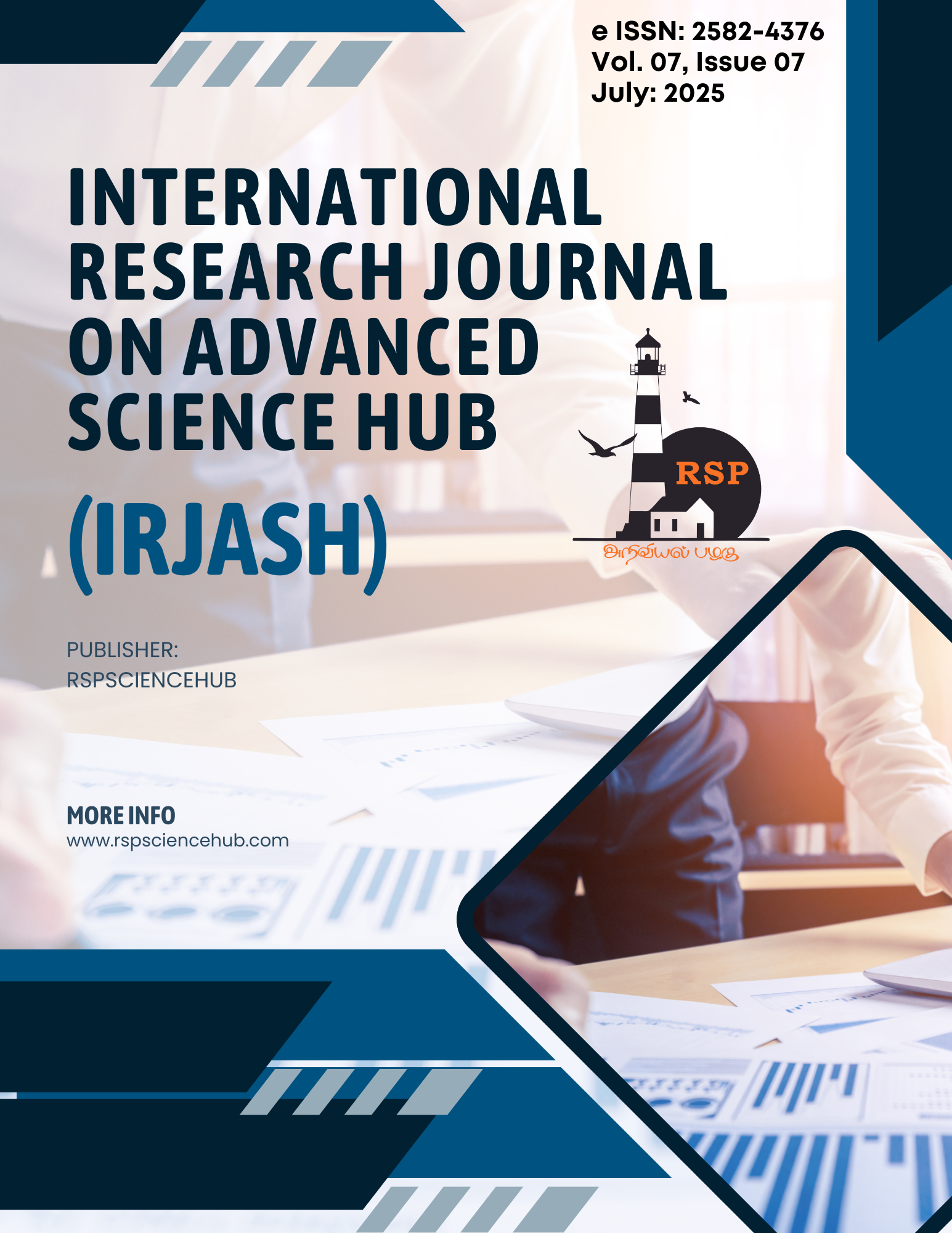Neurophysiological and Cognitive Benefits of Mantra Chanting Practices: A Systematic Review
DOI:
https://doi.org/10.47392/IRJASH.2025.076Keywords:
Mantra Chanting, Neurophysiology, Cognitive Benefits, Emotional Regulation, Stress ReductionAbstract
This research paper presents a systematic review of the neurophysiological and cognitive impacts of mantra chanting, emphasizing its potential as a non-pharmacological intervention for enhancing brain function. The study explores the historical and cross-cultural relevance of mantra practices, positioning them within the framework of contemporary cognitive neuroscience. It investigates the neural mechanisms associated with mantra recitation, with a focus on auditory-motor synchronization and EEG-based biomarkers. Notable changes in brainwave activity, particularly in the alpha, theta, and gamma frequency bands, indicate improved neuroplasticity, emotional regulation, and attentional control during and following chanting practices. The review analyzes cognitive outcomes such as enhanced working memory, sustained attention, executive functioning, and reduced stress levels. Supporting evidence is drawn from empirical studies utilizing EEG, heart rate variability (HRV), and validated psychometric tools. Methodological variations and experimental designs are critically evaluated. The collective findings demonstrate a significant correlation between mantra chanting and improvements in cognitive and affective performance, suggesting applications in cognitive therapy, mental health management, and neurorehabilitation. The paper concludes by highlighting the need for standardized protocols and longitudinal studies to further validate the therapeutic potential of mantra-based interventions.
Downloads
Published
Issue
Section
License

This work is licensed under a Creative Commons Attribution-NonCommercial 4.0 International License.





